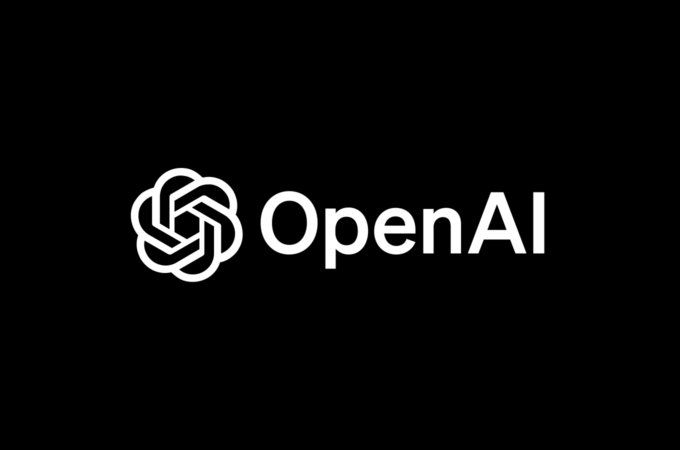
The Unprecedented Challenges and Opportunities of AI in the Financial Industry
In a special address at the World Economic Forum in Davos, Secretary-General of the United Nations, Antonio Guterres, raised concerns about the unintended consequences of artificial intelligence (AI) development. He emphasized the need to manage the risks associated with AI, particularly in the context of big tech firms. Guterres warned that the unchecked growth of AI could exacerbate socioeconomic inequalities and undermine human rights.
The UN chief’s remarks come as the world is witnessing an increasing excitement around AI, with its potential to revolutionize various industries, including finance. However, Guterres’ cautionary message serves as a crucial reminder that the responsible and ethical development of AI should be at the forefront of discussions.
Guterres highlighted the need for global cooperation and governance frameworks to regulate AI. He emphasized that decisions regarding AI should not be left solely in the hands of big tech firms, as this could lead to monopolistic practices and hinder fair competition. The UN Secretary-General called for a more inclusive approach that involves governments, civil society, and the private sector to ensure that AI development aligns with human rights, privacy, and the greater social good.
The concerns raised by Guterres have been echoed by experts in the field who recognize the potential risks associated with AI. The rapid advancement of AI technology has led to fears of autonomous systems making decisions that could have far-reaching consequences without human oversight. These concerns encompass issues such as bias in AI algorithms, lack of transparency, and the potential for job displacement.
Big tech firms, which have been at the forefront of AI development, have also faced criticism for their practices. The UN Secretary-General called for greater accountability and regulation of these firms to prevent the concentration of power and protect the interests of society as a whole. This sentiment was further supported by a report from the UN’s special rapporteur on extreme poverty and human rights, who warned that big tech firms could become “lords of AI” if not properly regulated.
Despite the concerns, the excitement around AI at the World Economic Forum in Davos remains palpable. Attendees acknowledged the transformative potential of AI in various sectors, including finance. With its ability to process vast amounts of data and make complex decisions in real-time, AI has the potential to enhance efficiency, improve risk management, and personalize financial services.
However, the challenges lie in striking a balance between harnessing the benefits of AI and mitigating its risks. The financial industry, in particular, must navigate the ethical and regulatory complexities associated with AI. This involves ensuring transparency in AI algorithms and addressing biases to prevent discriminatory outcomes. Additionally, there is a need for ongoing monitoring and evaluation of AI systems to ensure they align with ethical standards and do not pose risks to financial stability.




